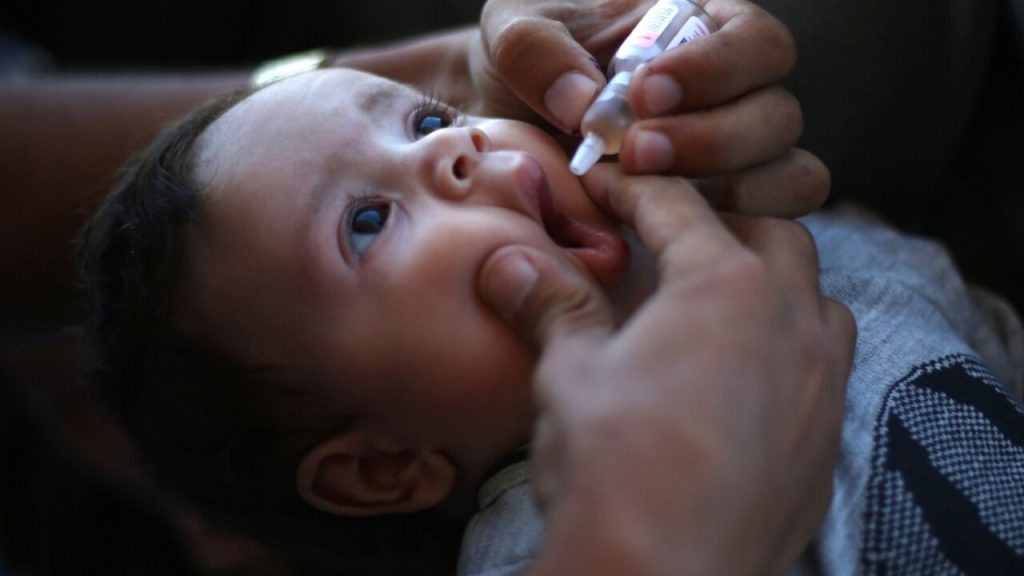Cuttack: On this World Polio Day, it’s essential to recognise the persistent threat posed by poliomyelitis, especially in the wake of a recent polio incident witnessed in Meghalaya, India. Polio is a highly infectious viral disease that spreads through faecal-oral transmission and primarily affects children under five, leading to irreversible paralysis and, in some cases, death.
Despite decades of progress, the disease remains a global health risk, particularly for nations like India, which are polio-free, however must remain vigilant to avoid resurgence. Sunil Kumar Agarwalla, Professor Paediatrics in SCBMCH and SVPPGIP, Cuttack remarked, “Our battle against polio is ongoing, and the key to winning it lies in consistent immunisation. Children, as early as six weeks, should be administered the inactivated polio vaccine (IPV) to ensure their immunity.” India’s success story—12 years of being polio-free—has been an extraordinary public health achievement, facilitated by massive immunisation drives.
According to WHO, in lieu of polio eradication in India, around 1 billion doses of polio vaccine were administered annually to 172 million children over the course of four years leading up to the last case.
Yet, recent incidents of polio resurfacing in parts of the world raise a crucial concern: India cannot afford to let its guard down. Agarwalla emphasised, “Polio knows no borders, and neither should our efforts to prevent it. While India has made incredible strides, we must continue to support global vaccination initiatives to eliminate the disease worldwide.” “The Indian Academy of Paediatrics Advisory Committee on Vaccines and Immunisation Practices (IAP ACVIP) stresses the need to strictly follow the recommended vaccination schedule. This includes a birth dose of oral polio vaccine (OPV), an inactivated polio vaccine (IPV) at 6, 10, and 14 weeks, followed by boosters at 16-18 months and again at 4-6 years. Adherence to this schedule is critical to maintaining individual and herd immunity,” he said. “India, with its large population and high-density areas, faces a particular risk if the disease is reintroduced. Therefore, ensuring that every child receives the polio vaccine is not just a personal health responsibility but a national priority,” Agrawalla added.
He warned, “Vaccination is an investment in our future. Every dose given today ensures that tomorrow’s generation can grow up without the fear of polio. Our goal isn’t just to prevent a resurgence but to completely eradicate polio from the world, and that starts with every child being immunised.” On World Polio Day, the message is clear: vaccination is the key to preventing a resurgence. By maintaining high immunisation rates and supporting public health initiatives, India can continue its fight against polio and protect future generations from this preventable disease. The global goal is within reach, but only if every nation—including India—remains steadfast in its commitment to eradicating polio once and for all
